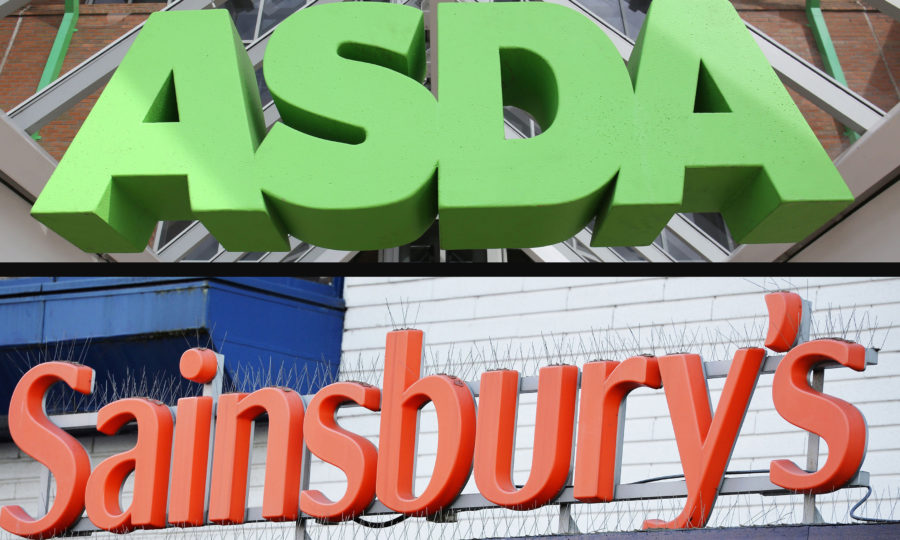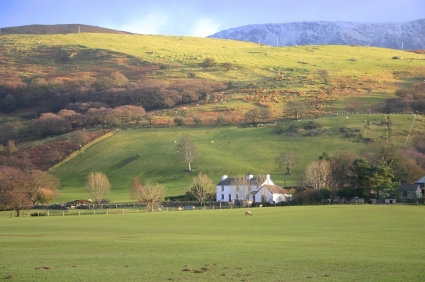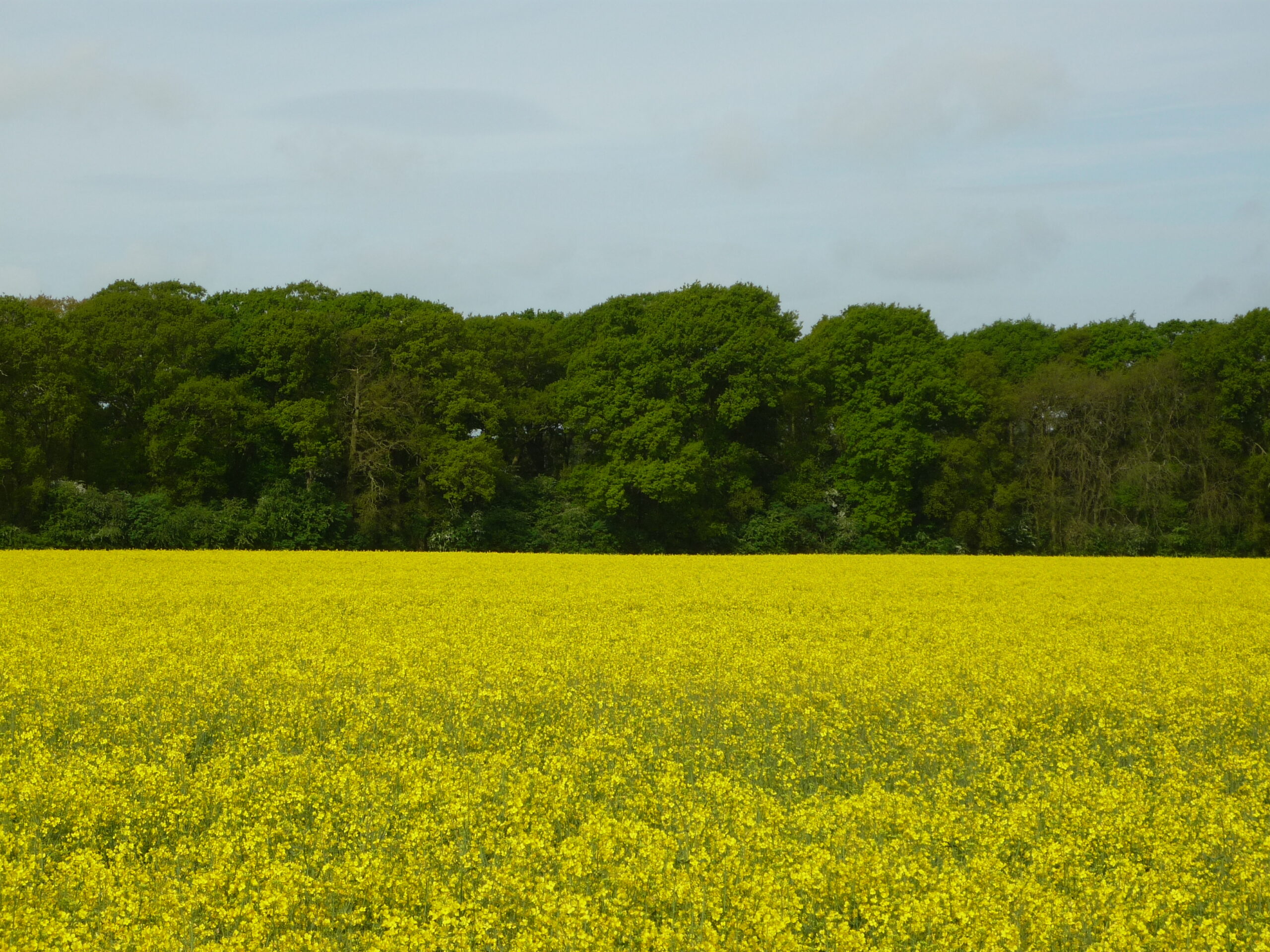Speaking in front of the Commons Brexit committee on 25th April, Brexit secretary David Davis suggested that MPs would be allowed to vote to amend any Brexit deal in the autumn. This means that the Prime Minister (PM) could be instructed by Parliament to seek changes. This is an apparent U-turn on previous statements by the PM who said that Parliament would only get a take-it-or-leave-it choice.
Such comments are likely to give some hope to remain-leaning MPs that want, as a minimum, for the UK to remain in the Customs Union (but it should be noted that Mr Davis also stated that the expected Parliament to ‘uphold’ the Government’s policy of leaving the Customs Union). The comment may also be an overture to remain-backing Conservatives who might vote against the Government in important House of Commons votes in the coming weeks.
Mr Davis did point out that if MPs returned Theresa May to Brussels to renegotiate parts of the deal, then he was “not entirely sure how much force a government sent back with its tail between its legs by Parliament would have in such a negotiation.”
His comments come amidst reports in Bloomberg and the FT that Europe might be willing to strike a customs deal with Britain which mooted the possibility of setting up ‘UK-EU dialogue on trade’. Although, Mr Davis claimed that it would be a failure if the UK ended up in a Customs Union, there appears to be efforts being made behind the scenes to arrive at a customs arrangement which officially places the UK officially outside of the EU Customs Union but still within the gravitational pull of the EU’s trading framework.
When speaking on Northern Ireland, where agri-food trade accounts for 45% of total goods trade with the Irish Republic, the Brexit Secretary mentioned that the Customs Union on its own would be insufficient to ensure a frictionless border after Brexit. Mr Davies believes that the best solution was a comprehensive free trade deal in conjunction with a deal to recognise shared regulations and customs procedures. This would encompass mutual recognition on standards and all-island arrangements for agri-food (i.e. the island of Ireland being a single epidemiological unit for animal disease as it at present).
Mr Davis also acknowledged that if an ambitious deal, or alternative technological suggestions to avoid a hard border cannot be agreed with the EU, that a proposed ‘Plan c’ (backstop) to align all regulations was still a potential “emergency parachute”. Some believe that the extension of Customs Union participation, beyond December 2020, as agreed in the transition phase, has emerged as a fall-back option as the Government’s alternative customs proposals will take time to implement.
The Brexit secretary also added that the Irish border question could wait until a final deal is struck in October, as issues around mutual recognition of standards and rules of origin would only bite from 2021. He saw the June deadline as being an “artificial” hurdle set by the EU side. Brexit Committee MPs including its chair Hillary Benn expressed concern that an October deal would give Parliament very little time to scrutinise its implications properly which could even then be based on a mere political statement rather than a binding treaty.
It is unsurprising that on Northern Ireland, the can looks set to be kicked down the road yet again. It is by far the most complex and nuanced issue in the negotiations. Some might argue that if agreement is reached on all other parts of the withdrawal deal with the EU and the framework for the future trading relationship, then the pressure exerted on the Irish Republic would ramp-up substantially. As the Brexit Secretary pointed out there is about £1 billion worth of trade between the Irish Republic and the UK each week, far more than North-South trade which for goods is estimated at €3.2 billion (£2.8bn) per annum. Any significant impact on this East-West trade would hurt the Irish economy. If agreement is reached on all other major areas and Northern Ireland remains outstanding, the Irish Government could be forced to relent on some key issues.








